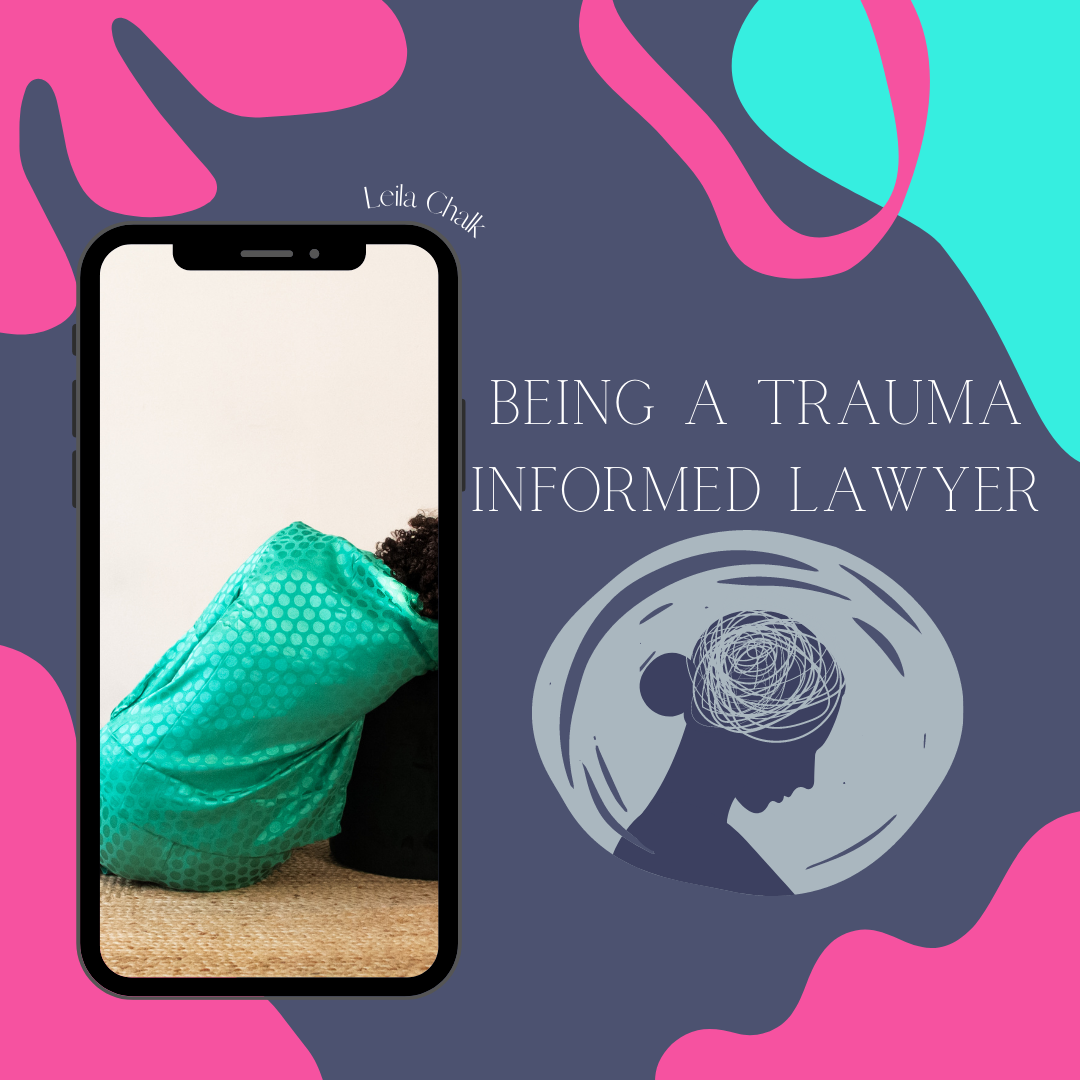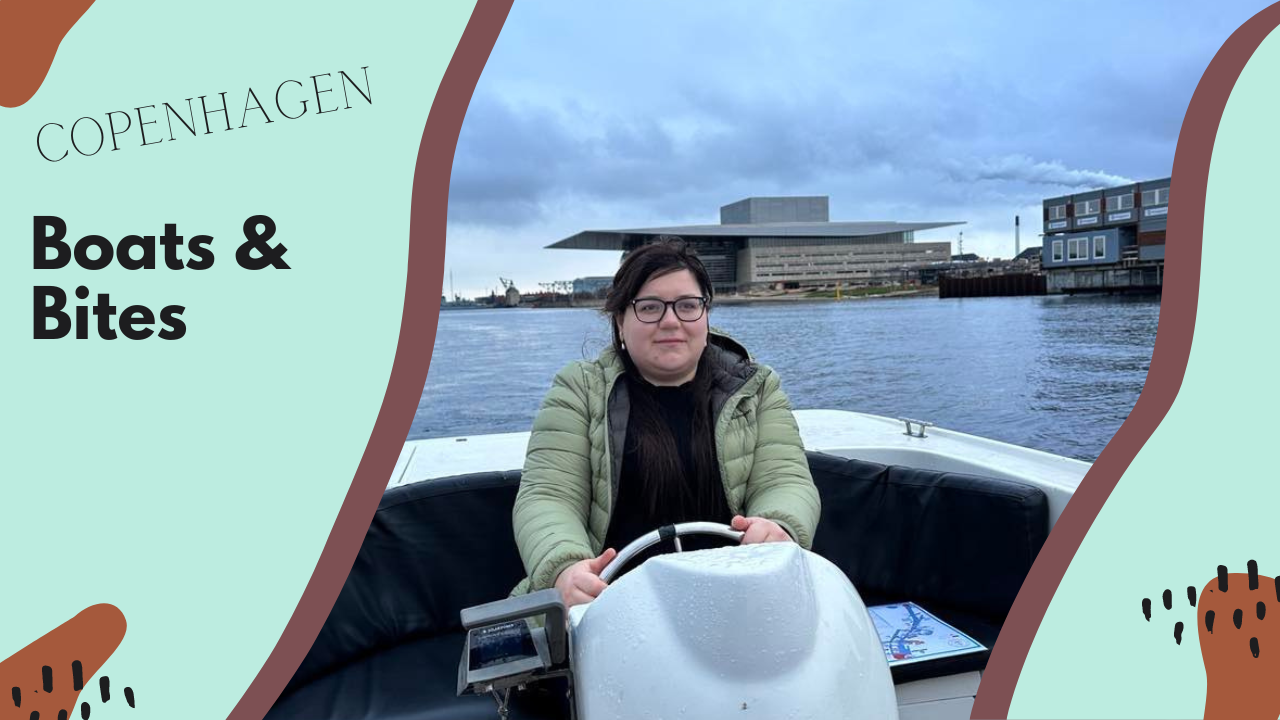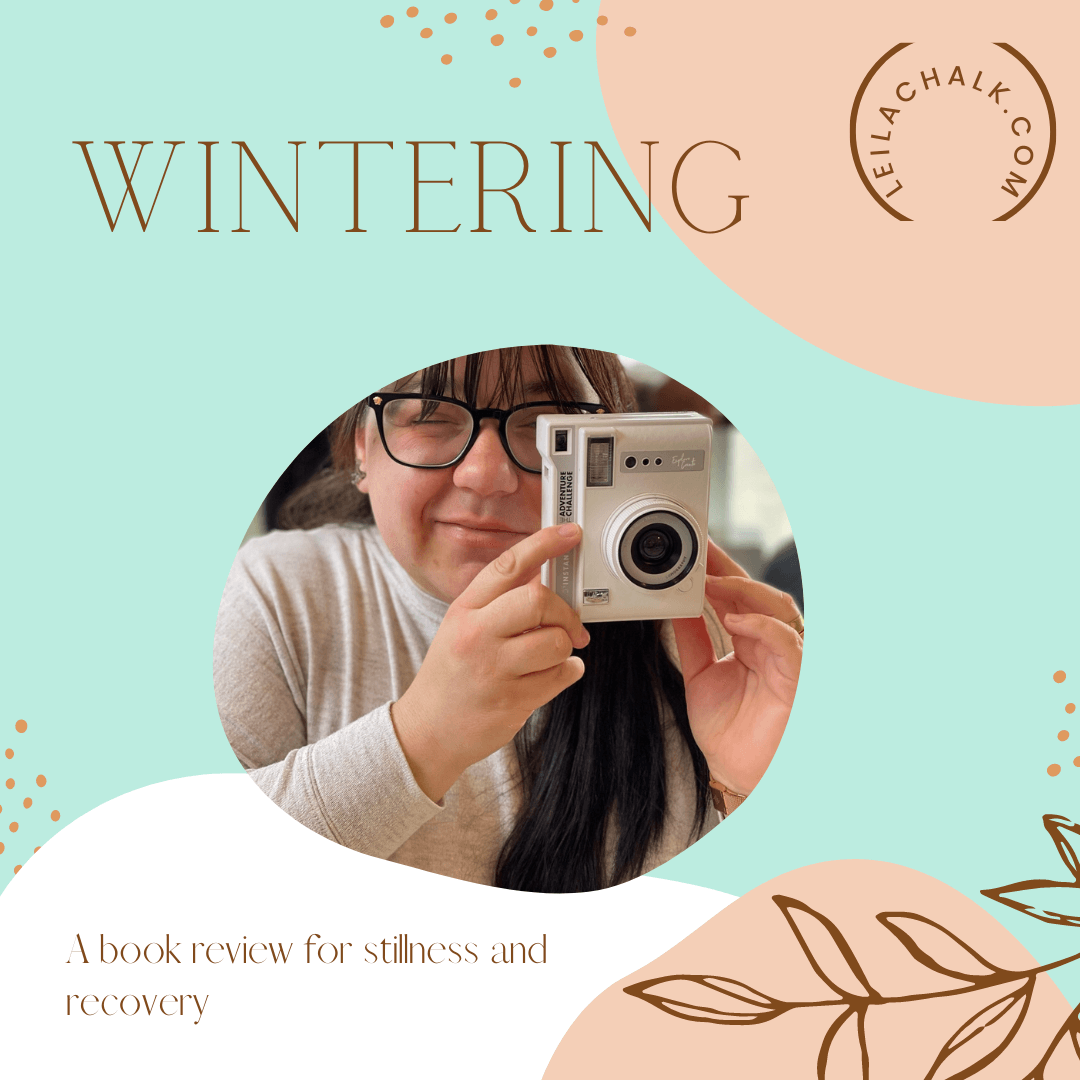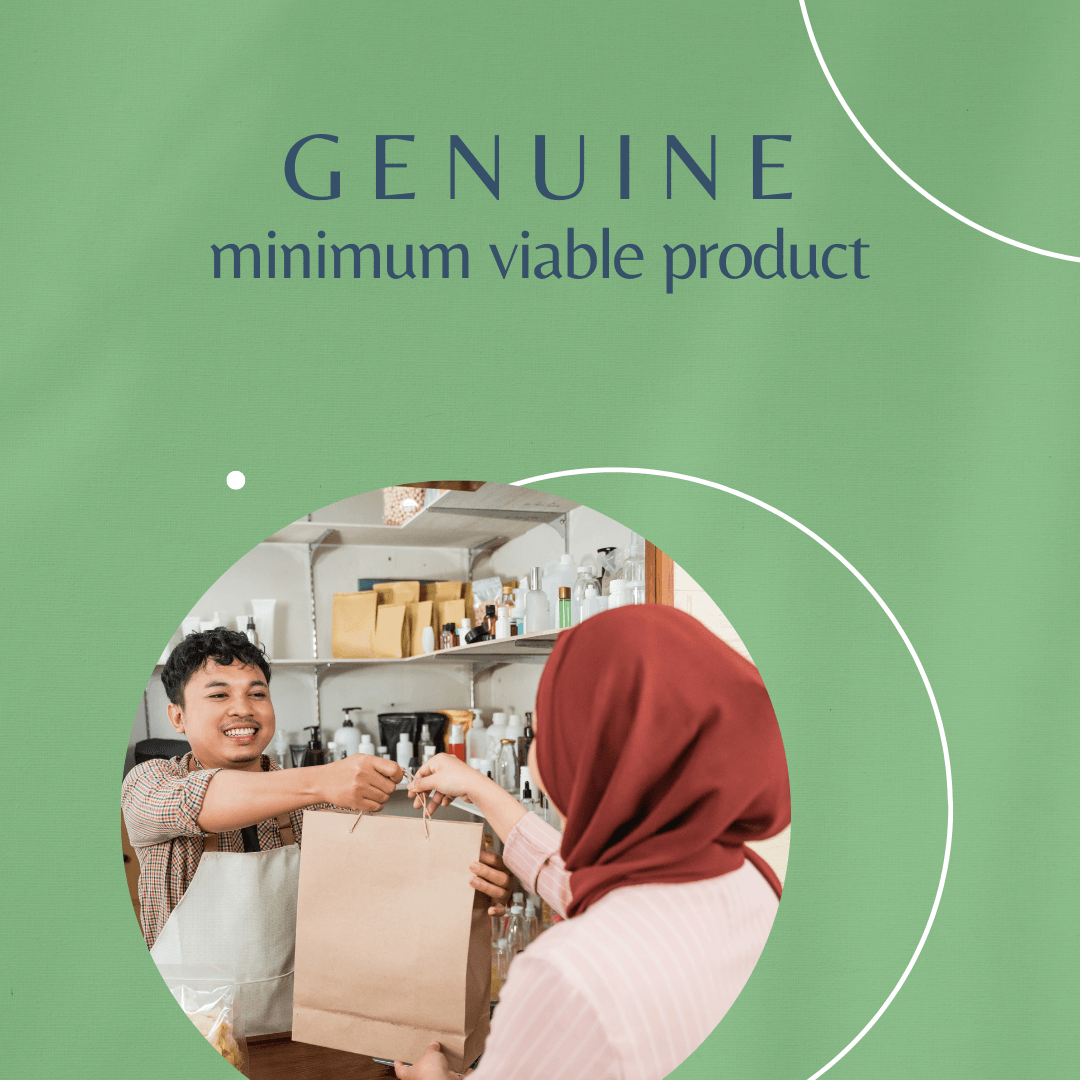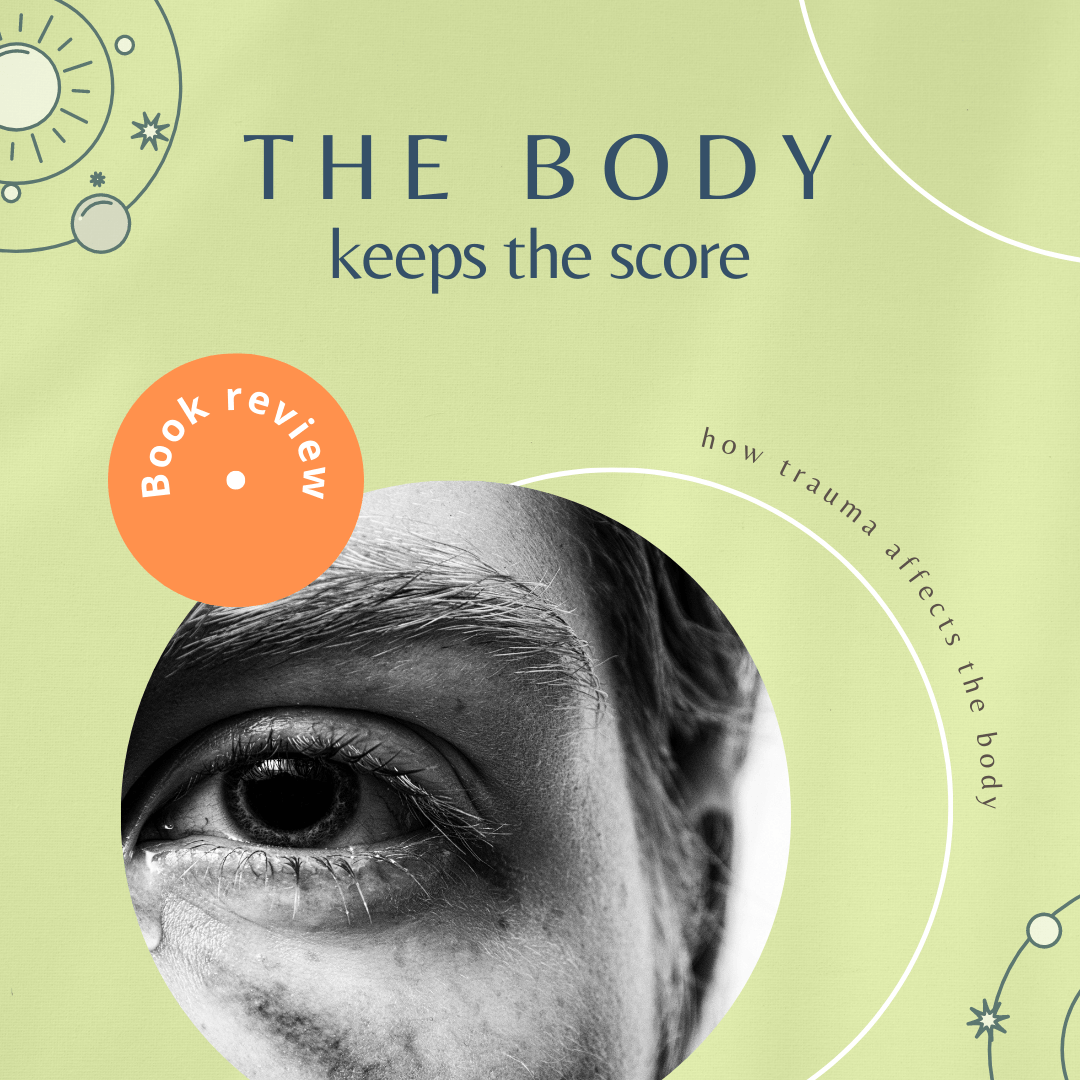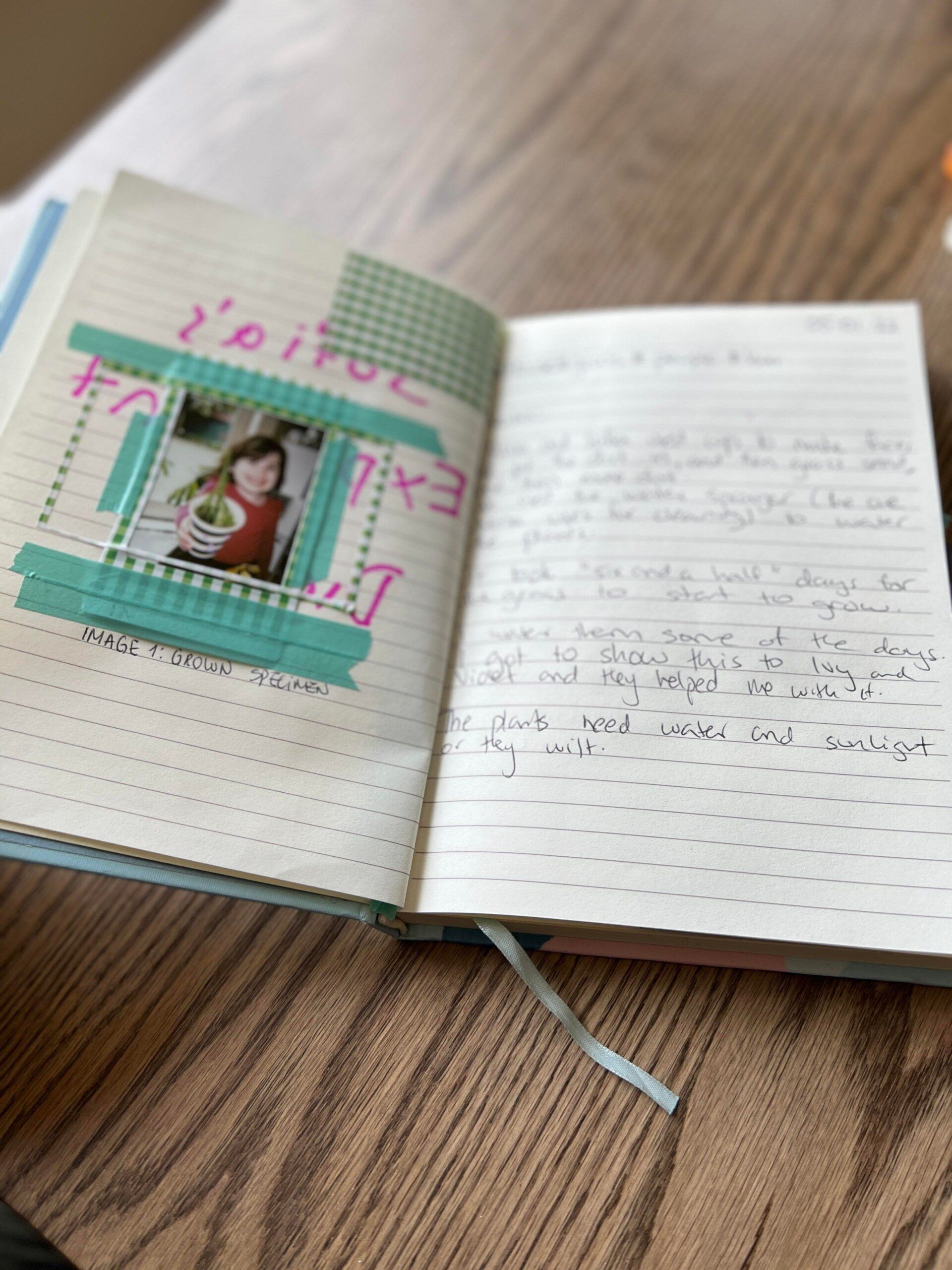Blog Layout
LEGO and mindfulness
Leila Chalk • September 27, 2021
Little bricks of mindfulness
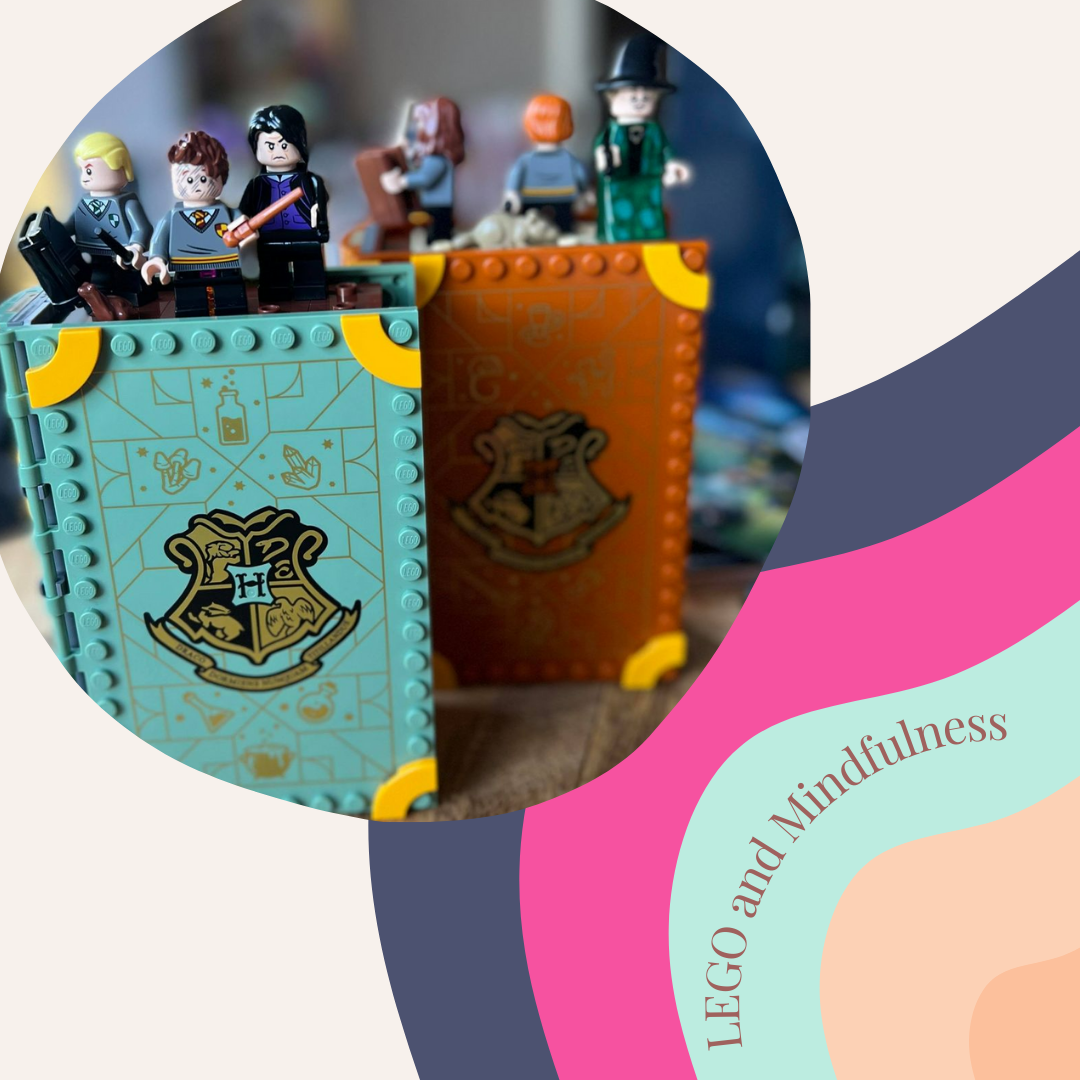
Earlier last month, over at Forty Four Degrees, we got all the lawyers together on Teams over a number of afternoons to just chat and create different LEGO
masterpieces. It started, like anything in life, from a little inspiration and a little desperation.
Talk of mindfulness is everywhere, the benefits are debated strongly, but it is one of those things that we can see working for ourselves - and it is never as obvious as right now, during lockdown.
Melbourne lockdown feels like it is never ending. Everyone is tired, and that tiredness snowballs, so that each interaction in each day means that we are endlessly collecting little bit of sadness from each other. From our clients, and from the lawyers on the other side, and from our families and from the media. It multiplies and snowballs.
One sleepless night, I thought it would be important to start the conversation about how mindfulness and positivity can also snowball. (I'm not talking about all the toxic positivity bullshit, but simply the attempt to connect and talk about the things that are working in keeping us sane).
The next morning, I reached out to my team at work, I spoke to my friends, and I asked people to share one thing that had recently inspired them. My inspiration had come from my daughter, who would busily sit under my desk with her buckets of LEGO, finding calm in the daily task.
That day, I also ordered boxes and boxes of LEGO to be delivered to each of my staff, and that is how our Brick mindfulness has begun. We hope all to see each other sooner rather than later, but at the latest, we are looking forward to our LEGO themed Christmas Party.
If you have kids or adults in your life who are struggling, maybe journaling isn't their thing. Maybe yoga isn't their thing. But we keep trying, just in case little tiny bricks are their thing.
The most exciting Harry Potter sets can be found here.
Leila Chalk is a lawyer and founder of Forty Four Degrees, a boutique Melbourne law firm. She is the author of the Isolation Journal.
*This blog post contains affiliate links.
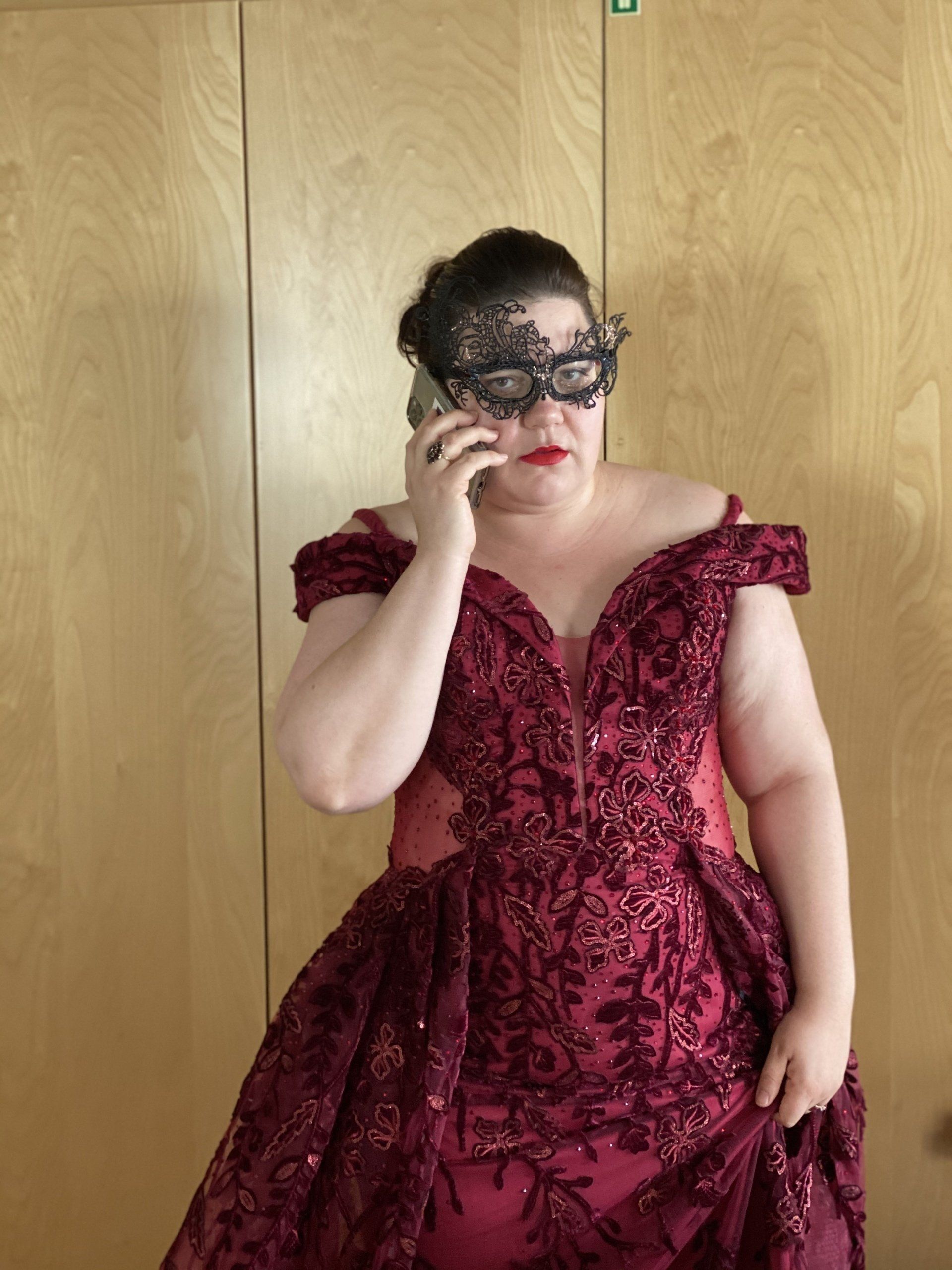
By Leila Chalk
•
July 9, 2020
Every lawyer has a different experience, but those of us who work for boutique practices and own our firms have an added layer of flexibility that makes work interesting. Sometimes that means that I am able to take off a morning for brunch, other times it means I am negotiating a dispute while dressed in a ballgown ready for a masquerade. I wanted to share this picture (and others) with other working mothers who may be considering starting their own business so that I can show them the real life examples of what the "working for yourself" lifestyle brings you. Some pictures are missing, of course. The ones where I was taking phone calls while breastfeeding, the ones where I was giving a presentation while eight months pregnant and in labour. Why are they missing? Because let us be honest here, my hair probably wasn't that great in them. And yes, there are moments that I have missed out on, but that is the reality of work (and not necessarily the reality of running your own business). I have been focusing recently on what it is that running the business means separately to what it means to work as a parent so that I can hunt down which moments are responsible for all my mothering guilt. The realisation: Working for myself gives me the freedom to offset the unfortunate reality of working as a mother. So, what are the major differences? Some people think that working for yourself is going to be more stressful because you care more. To that, I say, that everyone who works at my firm cares a lot about their work and their files. Yes, emotional boundaries are hard and finding ways to be off the clock is necessary. I am not sure I believe that those emotional boundaries are easier as an employee. Instead, they are either something you do, or something you do not do. What's more it is something you can learn to do. Is your journey going to be different? I think that really depends on what you actually find important and worthwhile, what you prioritise, and whether those priorities are things that bring you joy. I take great pleasure in the things that I do and the clients that I can help. When you are ready to take your business journey, check out my 10 minute business plan link over at Forty Four Degrees. Leila Chalk is the author of the Lost Chef, Kyoto with Kids, and the Isolation Journal. She runs Forty Four Degrees , a boutique Victorian law firm.
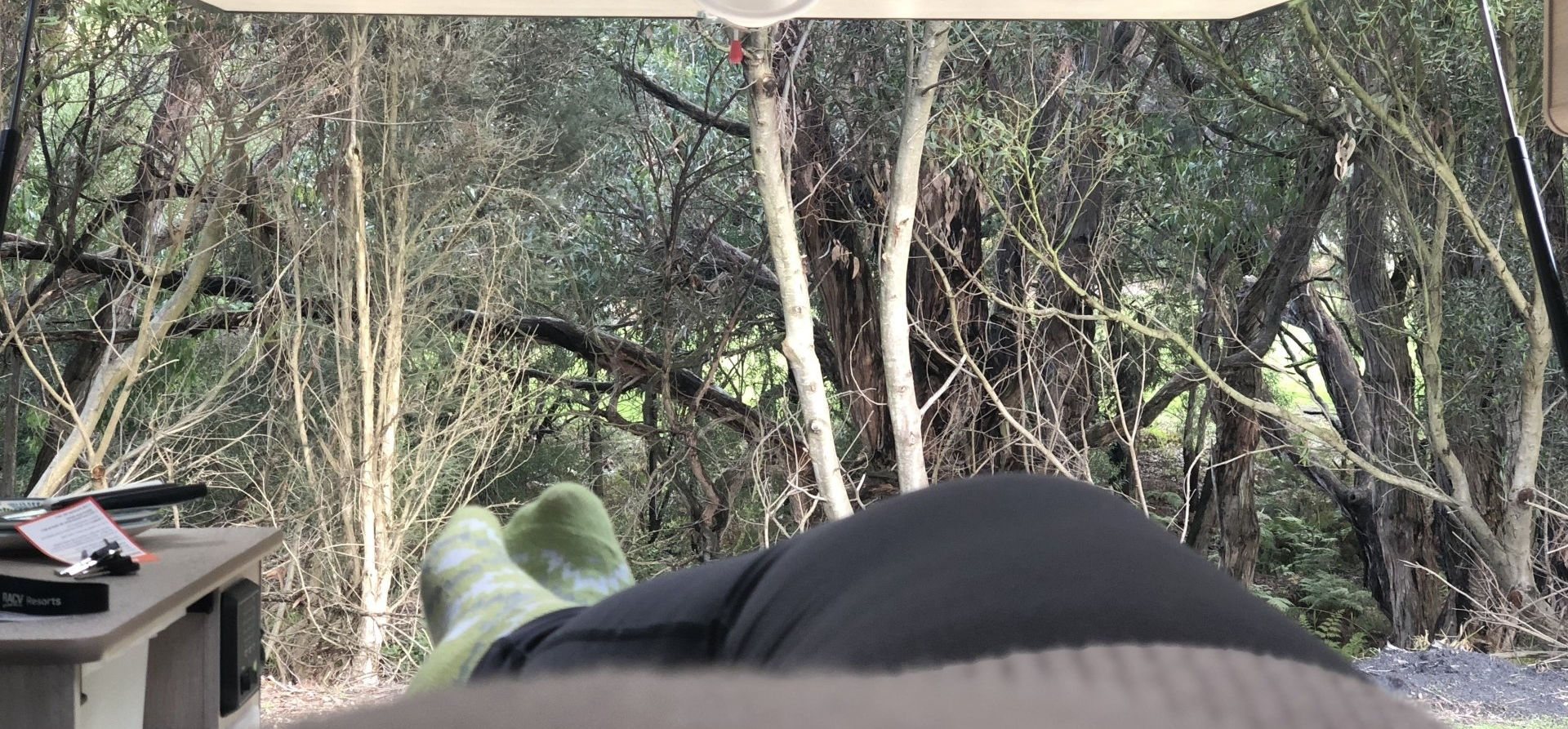
By Leila Chalk
•
June 3, 2020
As a lawyer at Forty Four Degrees I speak to a lot of clients who are struggling through the process of separation and divorce. As part of my Masters of Laws, I wrote a major paper on effective methods of Child Support debt collection. Besides the advocacy work, my writing on this topic is about the practical and effective ways that a law firm can help parents manage the task of co-parenting during situations of conflict. In those conversations with clients, I discuss with them the reality that my parents have been divorced for almost 30 years and that I grew up around two wonderfully human people who I have forgiven for just that - the simple fact that they are human. I tell them that children are resilient and the best way to ensure that divorce does not affect the children is to nurture their role as parents. I ask them to acknowledge that a stressful time is about to get a whole lot more complicated and ask them to fortify themselves by engaging with educators and therapists. A friend pointed out that it would be helpful to get that in writing. To commit to paper (screen!) the lessons that I have learned and specifically how I have benefited from my parent's divorce. And while the complexities of migration, war, and trauma are as always intertwined with any story of my childhood, I think the experience can really work across any cultural or family issue. 1) Are you mad about your parents getting divorced? No. Over the last 30 years I have felt a number of different emotions about their divorce, but not one of them has been anger. I do not think children blame either of their parents for the divorce. I think children understand that family does not always mean both parents living in the same household. I think children do blame their parents for creating continued and endless cycles of abuse or trauma. I think that blame is perfectly reasonable. For context, I have never been witness to an argument or a dispute between my parents. I was never used by one of them to make the other one feel bad. As an adult, I understand that this must be very very difficult for a parent going through a divorce or a separation. I strongly encourage people to utilise parenting courses (such as Relation Space) to help them get the skills to respond to the emotionally intense and stressful stimuli and avoid making the mistakes that will cause cycles of abuse or trauma. 2) What is something you felt you missed out on as a child because your parents were divorced? Again, there is a difference between divorce and parenting. I missed out on many things when my father was not around, but that was not because of the divorce. Absentism and divorce are distinct issues. Unique to the divorce, I would say that I got to see my mother carry extra responsibility and pressure which she had internalised from different societal cues. For example, I was not allowed to misbehave because my mother was convinced that society would judge us more harshly. Children of divorced parents are considered to be problematic, she believed, and therefore she felt added pressure to "be a good mum". Worse, she would take it personally when we would simply borrow things from our friends, because she felt that it was an indication that she was not able to provide for us. What we, as a village, should take away from this is a) don't be prejudiced against people whose families are set to "it's complicated" and b) do not internalise societal pressures and if you cannot avoid that (because who can) then at least acknowledge the things that drive your behaviour and discuss them with your (age appropriate) kids. 3) Do you love one of them more? I love my mother the way you would love your mother. I love my father the way you love your father. I am closer to Mum and more attached to her. I will say this, Mum made a huge effort to nurture and protect our relationship with Dad and I will forever be grateful for that. She said to me "Dad went to seek the things that made him happy, and we can't blame him for that." I have reflected upon that every time I have made a bad life choice, and realised it made it easier for me to forgive myself for all the human follies of my decisions. 4) How has it affected your education? It has not. My mother was the academic and my father was more interested in outdoorsy things. I suspect if he has raised us, we may have gone hiking more often. Dad was always really upset about (and not particularly helpful) in relation to my weight issues. What we learn from this is the fact that the things you bring to the parenting equation are the things that you priorities and believe in. If you want your children to be exposed to and love those things, then you have to be present for them. The issue is not the divorce, but parental absenteeism. Divorce can affect a child's education if the child is experiencing trauma, anxiety, homelessness, or witnessing their parents suffering. That same thing can be said for children going through that trauma while their parents are still married. 5) How has it affected your ability to have relationships ? I had never seen two adults continuously work together to make decisions. Instead, mum made all the financial calls in our house and I had not realised that different families had different systems that deal with how to pay bills or purchase big ticket items. We had many chats about it later in the future. People often talk about children developing abandonment issues. Abandonment issues, in my opinion, are not because of divorce, they are there because someone is abandoned. Again, the distinction between the divorce and bad parenting choices post divorce needs to be drawn. 6) What was the most difficult thing about their divorce? When I was a kid? Everyone acting like someone had died. I was five and pretending to cry because I didn't realise what all the fuss was about. Bad parenting happens in relationships and marriages, and good parenting can exist outside the marriage. The key is to ensure that the kids are not missing out on time with the other parent (as long as such time is helpful and conductive and appropriate and SAFE). When I was an adult? I was upset Dad didn't come to my wedding, because he thought it would be awkward after all this time, and that awkwardness and shame and guilt was more important to him than acknowledging how I felt without him there. I have come to terms with that, I have forgiven him for that. However, what I have learned is that if both the parties have enough emotional stability and capacity to differentiate your marriage from your parenting responsibilities, then co-parenting becomes possible. 7) What was the best thing about their divorce? I think that their relationship problems would have eventually affected us more than the divorce did. If one or both parties are not interested or unfaithful or violent (and not to say that is what occurred here) then their love is not necessarily wholesome or nurturing to the family. Having that be a constant presence in your life may be worse than breaking up and then tackling your duties as a parent, rather than parent and partner. 8) I am considering getting a divorce, what do you think? If you are not feeling safe, you should call 000 or access a service to help you escape a bad situation. Safety, yours, and that of any children you may have, is paramount. If this is not an issue of emotional, financial, or physical safety, then I certainly think that people should consider couple's therapy, counselling, interact with Relationships Australia, and engage with the underlying issues that are affecting them. If throughout that process you realise that you do not want to stay married, then I think it is important to get legal and financial advice. 9) How do I forgive my parents for being human? You realise that they are human. The forgiveness will happen, usually, because they (or life) taught you empathy and love. Leila Chalk is the principal solicitor at Forty Four Degrees, Lawyers and Consultants, with offices throughout Victoria (Melbourne, Ivanhoe East, and Dandenong).
